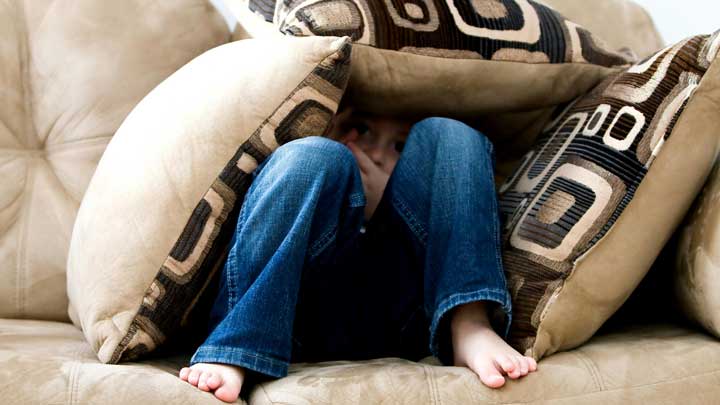
Quick-Fix Parenting
Quick-fix parenting provides practical tips for resolving common parenting issues swiftly, helping parents maintain balance and nurture strong bonds with their children.
Home > Online Counselling > Clinical Behavior Disorder > Depressive Disorders

Is your child unusually sad, withdrawn, or losing interest in activities they once loved? While mood swings are normal, persistent sadness or hopelessness may indicate a deeper issue. Depressive Disorders in children are real clinical conditions that affect emotions, behavior, and development. With early recognition and treatment, children can recover, regain their spark, and thrive emotionally and socially.

Demi Lovato has openly shared her childhood struggles with depression, bullying, and self-harm. Through treatment and advocacy, she became a powerful voice for mental health and recovery, inspiring millions globally. Personality Report of Demi Lovato

JK Rowling experienced severe depression and suicidal thoughts before becoming a world-renowned author. Her honesty about mental health has helped reduce stigma and empowered young people facing similar battles. Personality Report of J.K. Rowling

Michael Phelps battled depression during his early years, even while winning Olympic medals. He now uses his platform to advocate for therapy and support for young people dealing with mental health struggles. Personality Report of Michael Phelps
Depressive Disorders are a group of mental health conditions that involve persistent sadness, irritability, and loss of interest in daily activities. The two most common forms in children are Major Depressive Disorder (MDD) and Persistent Depressive Disorder (Dysthymia). In simple terms, children with depression aren’t just “moody”—they feel stuck in sadness, helplessness, or guilt, often without understanding why. These feelings interfere with school, friendships, and everyday functioning.
Depression in children may look different than in adults. Common symptoms include:
If these symptoms last for two weeks or more and interfere with daily life, it’s time to seek professional help.
Childhood depression is caused by a combination of biological, psychological, and environmental factors:
Depression is not a weakness or something a child can just “snap out of”—it is a medical condition requiring support and care.
If untreated, depression can affect nearly every aspect of a child’s growth and quality of life:
However, with timely care, children with depression can recover, rediscover joy, and build fulfilling relationships and successful lives.
When depression is dismissed as “just a phase,” children may suffer silently—feeling isolated, misunderstood, or ashamed. Without support, the condition may worsen and interfere with schooling, social life, and long-term development.
With therapy, supportive environments, and sometimes medication, children with depression often fully recover. Many emerge stronger, more self-aware, and emotionally resilient—going on to succeed in academics, creativity, leadership, and life.

Quick-fix parenting provides practical tips for resolving common parenting issues swiftly, helping parents maintain balance and nurture strong bonds with their children.

Many children’s emotional needs go unseen by busy, well-meaning parents. This article explores why that happens and how to repair the damage—before it becomes long-term.

Scientific parenting combines research-backed methods to help parents raise emotionally strong and intellectually curious children while fostering resilience and independence.

Using fear instead of reason may get short-term results—but it damages your child’s trust, confidence, and relationship with you. Learn why fear isn’t a teaching tool.

Attachment parenting focuses on creating deep bonds through responsive care, empathy, and consistent nurturing for a child’s emotional well-being.
Depressive Disorders in children are treatable through a combination of therapy, support, and sometimes medication. Key treatments include:
Ongoing collaboration between family, school, and mental health professionals is essential for lasting recovery.
Daily support plays a big role in helping children manage depressive symptoms. Useful coping strategies include:
Offer gentle praise and avoid pushing or pressuring. Healing takes time, consistency, and connection.
Our parenting style quiz helps you assess how your approach may influence your child’s mood and recovery. Are you encouraging without overwhelming? Based on your results, you’ll receive actionable tips to help foster open communication, emotional security, and consistent support—so your child can begin to heal and reconnect with joy.
Depressive Disorders in children are real—but so is recovery. With timely support, compassionate understanding, and professional help, your child can rediscover their smile, reclaim their hope, and build a beautiful life. Your love and patience are their greatest source of strength.
